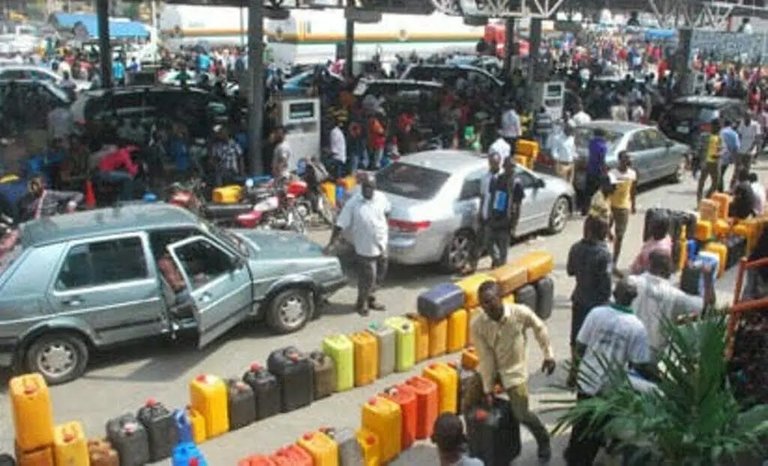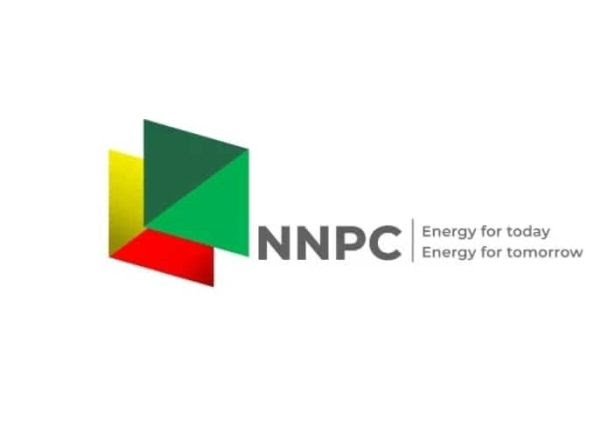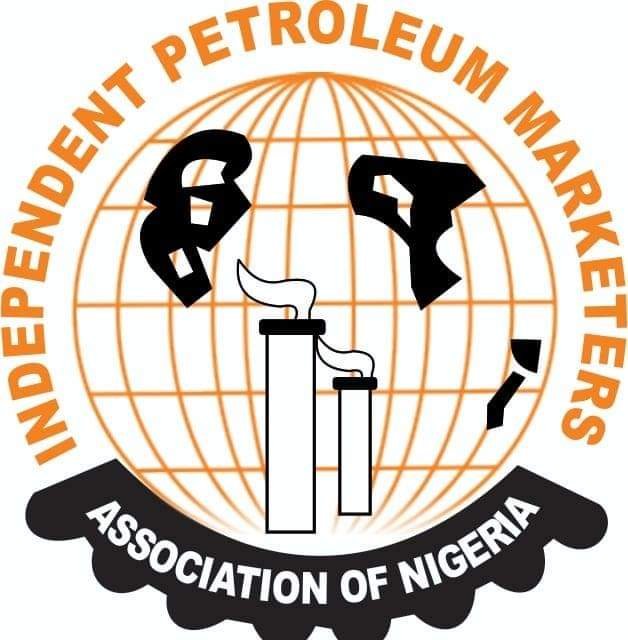Drought In Abundance
Petrol has been scarce in major cities in Nigeria like Lagos, the commercial nerve centre of the country, for several weeks recently. The unavailability of petrol has made Nigerians experience a lot of hardship as the product is essential for numerous commercial and economic activities. The inadequate supply of the product has also had an impact on its price which increased by over a hundred percent after it became scarce. Consequently, Nigerians are compelled to struggle to get petrol and pay a premium price for it. This development has made me think and ask myself how a country like Nigeria which is endowed with large reserves of crude oil finds itself in this appalling situation. Should cases of scarcity be occurring in Nigeria which happens to be one of the largest producers of crude oil in Africa?
Perennial scarcity of petrol in Nigeria especially towards the end of the year is becoming a regular occurrence. Nigerian consumers are made to experience hardship during this period for a product that is supposed to be readily available for purchase. Nigeria is one of the largest producers of oil in Africa and incidents of petrol scarcity in her domain should be rare and not frequent. However, instead of being self-sufficient in the refining of products of crude oil, Nigeria imports a large amount of these products from other countries to service local demand. The government-owned refineries in the country are unable to meet local demands because they have low refining capacity, not functioning optimally, and are employing the use of outdated technology. The Nigerian government has also not provided incentives for private investments in the construction of more refineries to boost local production. The effect these factors have had on the availability of petrol in the local market has been unfavourable to consumers who need them for economic activities.
The recent petrol scarcity being experienced in Lagos and other places like the Federal Capital Territory, Abuja, has been linked to ongoing road projects in Apapa (the town where the port in Lagos is situated) and access roads leading to it, according to public statements made by the Nigerian National Petroleum Corporation (NNPC). These road construction projects have affected the flow of traffic on this busy route thereby affecting the distribution of petroleum products to various parts of the country from oil depots in the port. This setback in the distribution has made it difficult for consumers to readily get petrol as the port in Apapa is where most of the oil depots and tank farms are located in Nigeria.
The Independent Petroleum Marketers Association of Nigeria (IPMAN), one of the associations responsible for the distribution of petroleum products in the country has also complained about buying the products at higher prices from the NNPC depots at the port. They have also claimed that the NNPC sells petrol at a regulated price to their counterpart, the Major Oil Marketers Association of Nigeria (MOMAN). IPMAN claims that the disparity in the price of petrol being sold to it and MOMAN by the NNPC is unfair and also contributes to making the product unavailable and sold at higher prices as some of its members cannot afford to run their businesses at a loss by incurring more costs to carry out their operations. IPMAN also said its members also have to overcome traffic challenges in the port which makes them fall behind schedule in distribution and lose money in the process.
Unfortunately, Nigerian consumers are at the receiving end of the ongoing scarcity in the country after taking cognizance of the factors responsible for it. It is important that the government and investors in the oil sector find ways to resolve this problem and restore normalcy in the distribution of petroleum products. Oil depots and tank farms should also be built in other parts of the country to make petroleum products readily available all year round. Efforts should be made by the government and stakeholders in the sector to also increase local refining capacity to reduce dependence on imports. It is vital to have more refineries in the country. After all, Nigeria is one of the largest oil producers in Africa! She should be self-sufficient in the production of petroleum products. She should be in the league of nations that exports crude oil and refined petroleum products.
Thanks for reading,
Have a splendid day folks.
all image source added in the post caption.



So pathetic that despite that Nigeria is a oil production country, the citizens keep suffering for fuel scarcity.
May God help the country cause it leaders are heartless
Yes I concur with you that Nigerians find themselves in a pathetic situation.
I hope the Nigerian government gets its priorities right and place the needs of its citizens above its own interests.
!LUV !PIZZA
@udezee, @senstless(1/10) sent you LUV. market | tools | discord | community | HiveWiki | <>< daily
market | tools | discord | community | HiveWiki | <>< daily
HiveBuzz.me NFT for Peace
Thanks
I gifted $PIZZA slices here:
@senstless(1/10) tipped @udezee (x1)
Please vote for pizza.witness!